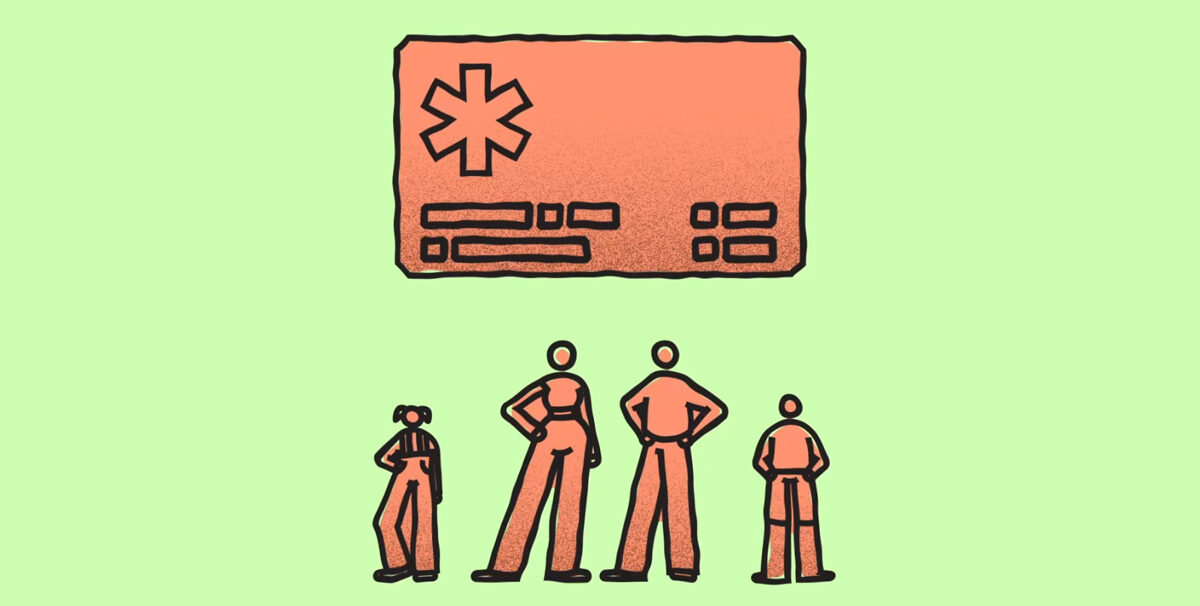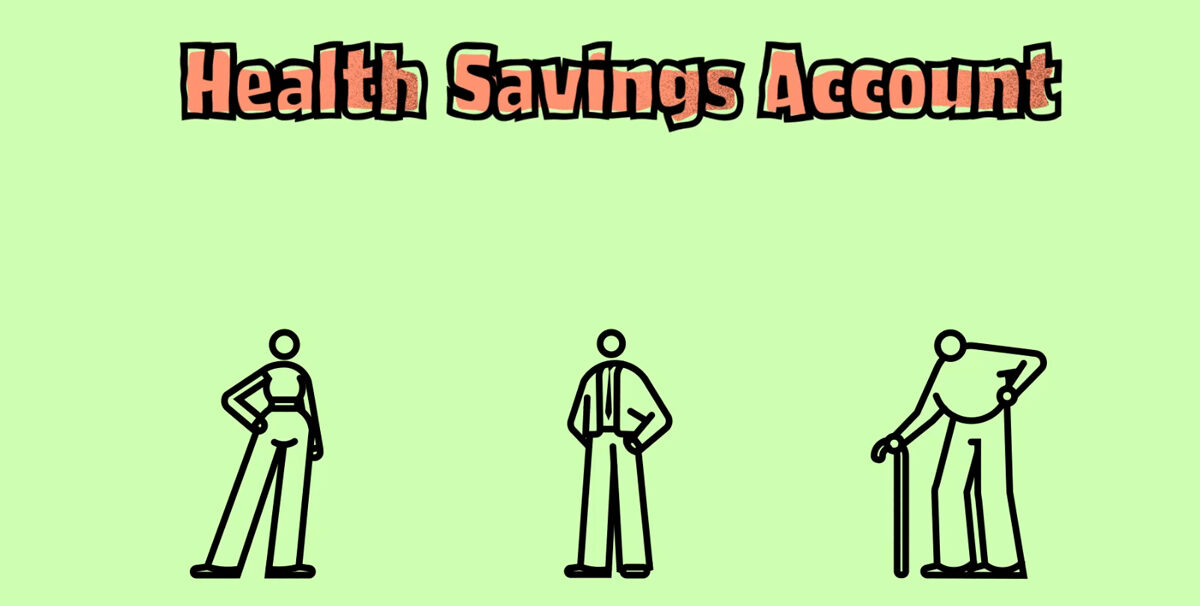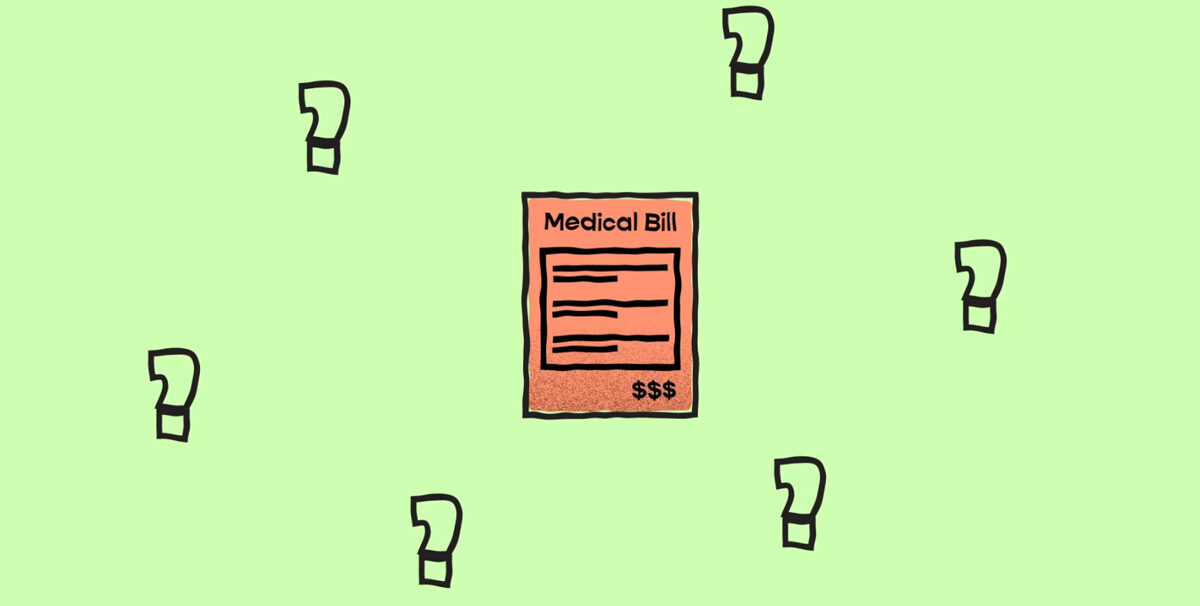Beat the Summer Heat
Summer heat can be more than uncomfortable; it can threaten your health, especially for older adults and children. Hot and humid weather can make it more challenging for your body to cool down, leading to heat-related illnesses. If left untreated, heat-related illnesses can become life-threatening. In fact, heat-related deaths have been on the rise in the United States.
The CDC reports that heat-related deaths in the country have been increasing, with approximately 1,602 occurring in 2021, 1,722 in 2022, and 2,302 in 2023
Exposure to abnormal or prolonged heat and humidity without relief or adequate fluids can cause various heat-related illnesses. Here are some common types of illnesses to keep an eye out for this summer:
- Heat cramps are a mild form of heat illness consisting of painful muscle cramps and spasms. These occur during or after intense exercise and sweating in high heat, so moving to a cool place to rest and stretch cramped muscles is important.
- Heat exhaustion occurs when a person cannot sweat enough to cool the body, usually due to not drinking enough fluids during hot weather. A person suffering from heat exhaustion must move to a cool place and drink plenty of water.
- Heatstroke occurs when your body temperature reaches 104 F or higher within minutes. The person may also become confused or lose consciousness. The condition is the result of untreated heat exhaustion and a serious medical emergency that must be treated quickly by a professional.
Don’t let the summer get the best of you. Consider these tips to prevent heat-related illness:
- Drink plenty of fluids, but avoid alcoholic and caffeinated beverages (e.g., coffee, tea and soda) that can lead to dehydration.
- Eat light, refreshing foods.
- Wear lightweight, light-colored and loose-fitting clothing.
- Apply sunscreen and wear a wide-brimmed hat and sunglasses.
- Do chores or other activities in the morning or evening.
- Stay indoors as much as possible or take breaks from being outside.
Remembering these tips can help you beat the heat. Contact a doctor if heat-related symptoms don’t improve within an hour and seek immediate medical attention if the person has heatstroke.
Grilling Safety Tips
Although grilling is a popular way to prepare food in the summer, it can also be dangerous. According to the National Fire Protection Association, an average of almost 11,500 home fires involve grills, hibachis or
barbecues each year. May, June, July and August are the most active months for grill fires, with July being
the top month.
Keep the following safety suggestions in mind when grilling:
- Keep your grill at least 10 feet away from other objects, including your house, decks and overhanging branches.
- Set up the grill on a flat surface, and don’t bring it into an unventilated or enclosed space (e.g., garage or porch).
- Only use starter fluid with charcoal grills, never with gas grills.
- Keep children and pets at least 3 feet away from the area.
- Never leave your grill unattended.
- Clean the grates and trays to remove grease and fat buildup.
Overall, practicing vigilance and taking proper precautions can help reduce fires and associated burn injuries caused by grills.
Healthy Lifestyle May Offset Genetic Risk by 62%
Genetics may put some people at greater risk for a shorter lifespan or premature death; however, a healthy lifestyle could help significantly combat it. A new study found that risk could be mitigated by about 62% in people with a genetic predisposition. Furthermore, those individuals could extend their lifespan by up to 5.5 years with a healthy lifestyle.
The study identified four lifestyle factors that offered better benefits for counterbalancing genetics and
prolonging the human lifespan:
- No current smoking
- Regular physical activity
- Adequate and consistent sleep
- Healthy diet
Building a healthier lifestyle may sound challenging, but small changes can make a difference. Contact your doctor for additional guidance.
Combating Summertime Stressors
Many people experience better mental health and mood during the summer due to longer days and sunlight. Yet the season is stressful for others; summertime stressors and extreme weather conditions may even worsen symptoms of seasonal affective disorder.
To cope effectively, it’s first important to understand what triggers anxious or depressive feelings. For example, summertime triggers may be related to the weather—such as the heat, sun or humidity—or finances, as pressure and stress result from spending money on trips, experiences and childcare or being unable to take time off. Try these tips to support summertime mental well-being:
- Get outside. Spending time in nature can help improve your mood by reducing stress, combating anxiety and depression, and enhancing cognitive function.
- Maintain a healthy sleep schedule. Long, hot summer days may make sleeping difficult, but regulating your sleep is critical to improving your overall mood.
- Don’t compare yourself with others. It’s easy to get overwhelmed while scrolling social media, so try not to compare your day and activities and keep the fear of missing out (or FOMO) at bay.
- Be realistic. It’s important to control—and potentially lower—your expectations and be realistic about what you can do during the summer.
The Influence on AI on Mental Health Care
- Increased accessibility
- Boosted mental health literacy
- Preserved anonymity





